Ahead of the local council elections, the region’s mayoral candidates have weighed in on how they plan to address some of the most pressing issues facing the Sunshine Coast and Noosa.
In the race towards Sunshine Coast Council and Noosa Council’s top job, the candidates have been doing the rounds, visiting community groups, attending panel presentations and delivering grassroots campaigns to connect with locals and listen to what issues matter most to them.
Related story: Watch: mayoral candidates make pitch for top job
Some of the big issues the successful candidate will be facing as the new mayor include infrastructure growth, local transport and the dire housing situation in the region.
As part of a series of questions put to each candidate in Sunshine Coast News‘s sister publication My Weekly Preview, this week’s topic was: “What do you consider the most pressing issue facing the Sunshine Coast and how do you plan to address it if elected as mayor?”
What the Noosa Council candidates say (in alphabetical order)
Nick Hluszko: Council staffing is a mess and there have been three CEOs in three years, 100 job vacancies, 80 positions filled with casuals/contractors and 46 per cent of staff in their roles less than two years. We need to fix the staffing and culture so council can do its job. No organisation can deliver community expectations at the lowest possible rates costs without the right people in the right jobs.
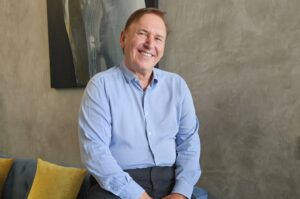
The first and most important task for the mayor is to appoint a strong CEO – someone with the experience to rebuild staffing and someone who can build a positive culture. The community wants staff to be accountable so the CEO must lead by example.
In parallel, we also need to be realistic and plan to address critical infrastructure issues to come with the expected 18,000 new residents. We must stop wasting time and money on pet councillor projects and state issues, and refocus on core services, to meet the demands of a growing community, and the 2.2 million visitors we have annually. This includes: roads and parking; traffic congestion; boat ramps; parks, gardens and children’s playgrounds; community sports/reactional facilities; weed removal and maintenance; and rubbish, including reintroducing hard rubbish collection.
If elected I want to see minimum rates and Noosa Council refocused on the core services our community needs, now and into the future.
Ingrid Jackson: Of the many important issues facing the Noosa community, affordable housing is one of the most pressing. In the five years to March 2023, house prices in Noosa rose by 129 per cent and units by 180 per cent. Rents grew by 51 per cent. These increases particularly affect at-risk groups, including low-paid workers, ageing single women priced out of the rental market, families struggling with the cost of living and people with a disability.
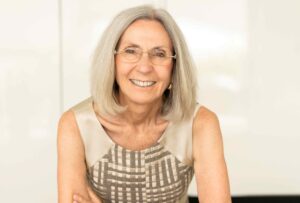
Noosa Council approved a Housing Strategy in November 2022 which presented 48 recommendations to facilitate building affordable, accessible and social housing. Some progress has been made, including identifying potential council land, an agreement with a community housing group to explore opportunities and proposed amendments to the Noosa Plan, which currently await a State Interest Review.
Unfortunately, none of these initiatives built houses and, furthermore, Noosa Council knocked back several suitable proposals by finding fault with small matters rather than considering the bigger picture and finding solutions.
Without delay, I will seek implementation of Noosa Council’s Housing Strategy to identify suitable land and affordable housing providers and get moving on this major issue for our community.
John Morrall: No response received.
Frank Wilkie: Looking after our residents by ensuring Noosa’s identity as a community first is balanced with its success as a visitor destination.
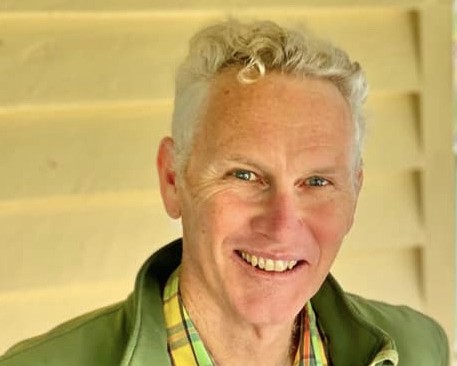
This includes reviewing Noosa’s local law for managing short-term accommodation businesses (Queensland’s first) to ensure it’s working as intended and resourced appropriately.
Implementing the actions of the Destination Management Plan, which includes traffic and parking with residents prioritised and housing solutions, will be central to achieving this.
What the Sunshine Coast Council candidates say (in alphabetical order)
Michael Burgess: The council must be the facilitator to turn both the council itself and the economy from being inwardly focused and debt accumulating to being an outward-seeking organisation.
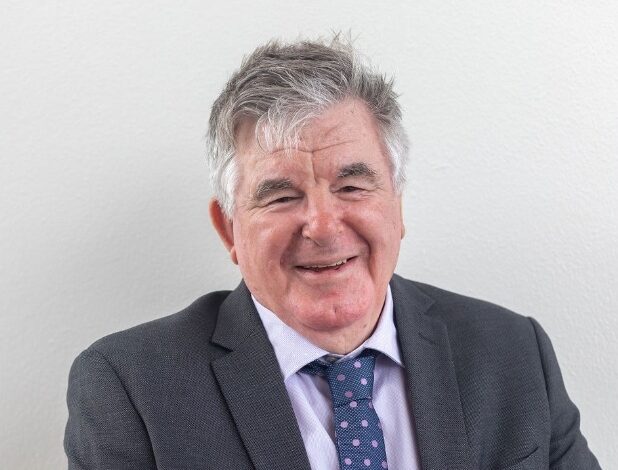
That can ensure the growth on the Coast of an export economy that will be able to finance the things the community needs.
The council sets the direction of a region’s economy by encouraging or discouraging various activities.
For some years now, the Sunshine Coast Council has primarily focused on encouraging building which is both an importer of goods and exporter of cash, together with building personal debt.
It has either neglected or discouraged the diversification into such things as local energy production, green manufacturing and hi-tech agriculture We know two things: we will have a lot of people come here, and we will through builders have their housing needs catered
to various degrees of success.
But we don’t know how we can create the jobs those people will need to pay for their lives and housing.
We need to work with builders to design a housing paradigm that provides a wide range of affordable housing that can be achieved within the Coast.
But what the council must do is get its economic department out of its comfortable offices to roadshow the Coast’s upsides to compatible industries all around the nation.
Rosanna Natoli: Without a doubt, many of the issues we are facing as a collective Sunshine Coast community come back to the chronic lack of infrastructure combined with the population growth we are experiencing.
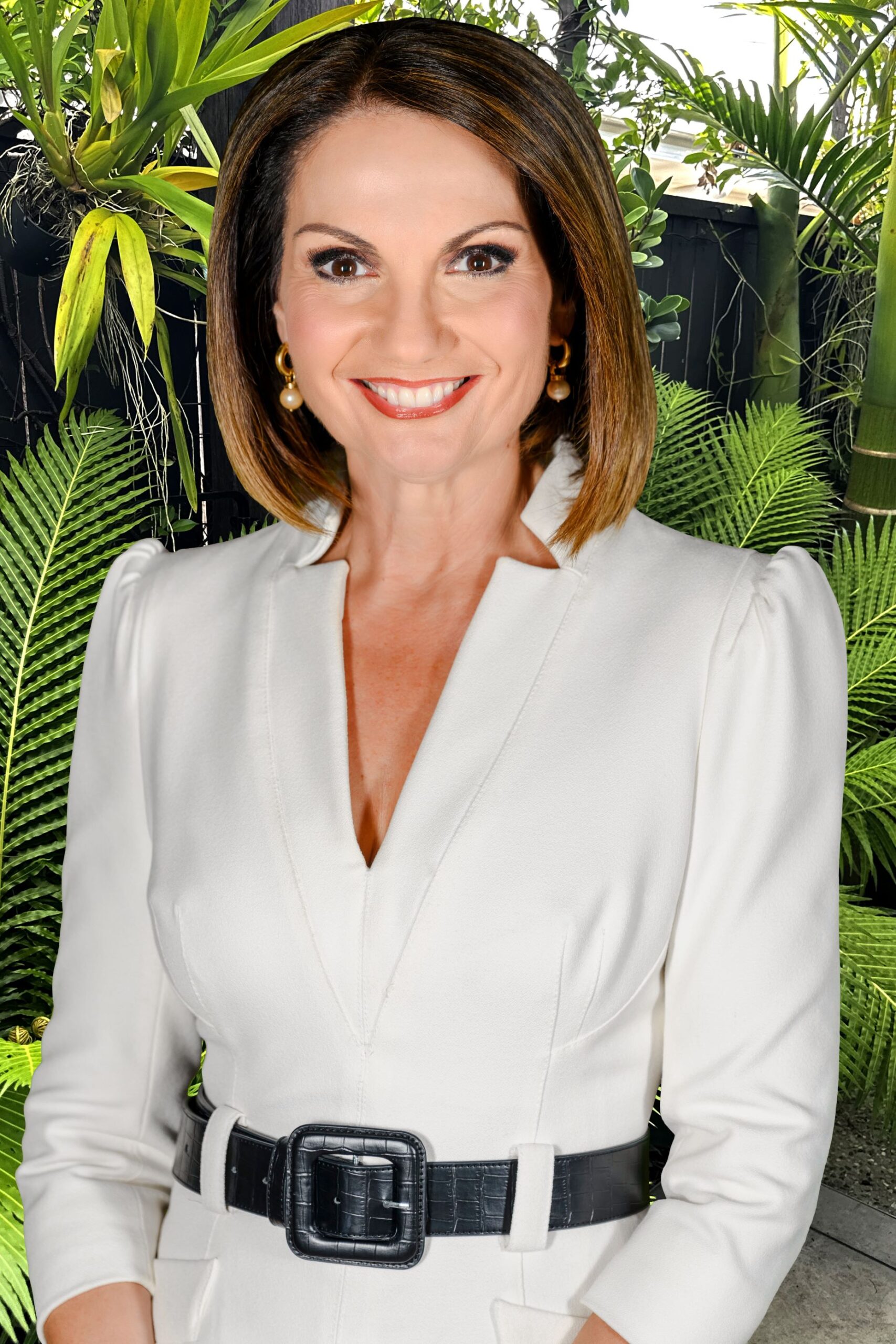
These two issues are the reason we have the traffic problems on our roads, the crisis where housing is almost totally unaffordable to buy or to rent, and concerns over where to put the thousands of new residents coming to the Sunshine Coast each year.
As mayor, I’ll work with state and federal members to secure the infrastructure we deserve.
We must have infrastructure before development.
Plus, we must improve public transport. We need a network of clean, green, hop-on, hop-off buses to take us to stations where we can travel north-south and east-west, and with convenient routes and regular travelling times.
These should be free for students and seniors so we can change the culture towards public transport.
When it comes to housing, we need more options such as affordable apartments and modular housing opportunities.
We should explore tiny homes on suitable properties and engage with community members for new and innovative ideas.
We can’t keep doing the same thing. We must protect our lifestyle and maintain our environment.
Jason O’Pray: The singular biggest issue facing the Sunshine Coast is our households’ cost-of-living crisis.
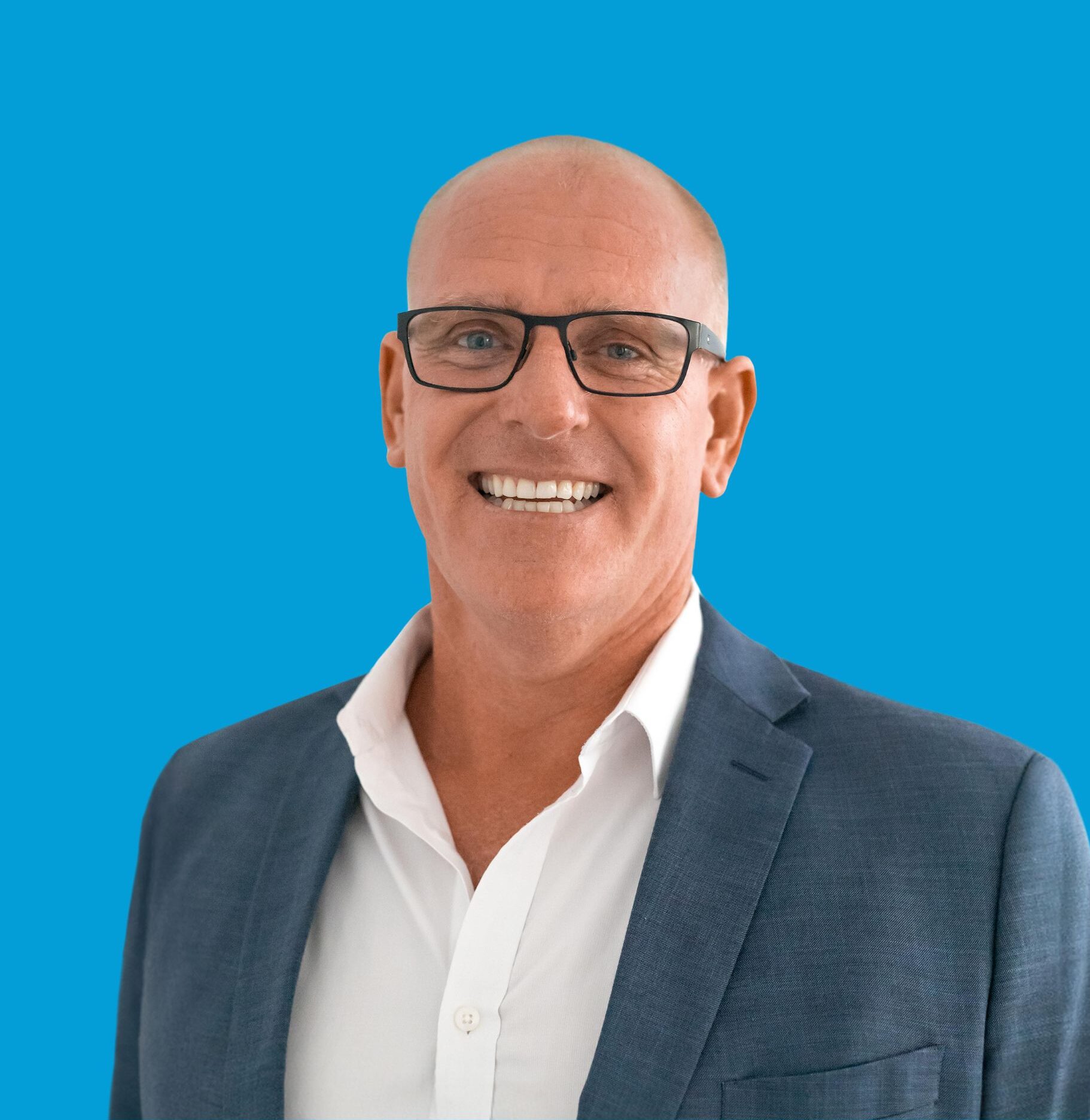
The best thing that the council can do is effectively manage rates, provide good quality services and continue to build upon our economic success.
Our focus will be on creating better, well-paying jobs locally, preventing economic pressures that may force residents to relocate.
We need people to be able to pursue their dreams here on the Sunshine Coast and afford to live here at the same time.
The economic improvements of the past 12 years have not happened by accident. They have happened because a good council has delivered good policy to foster the changes.
We need to build upon our successes into the future. In 2012, the average wage on the Sunshine Coast was 22 per cent lower than the state average; today, it is at parity.
By building upon our Regional Economic Development Strategy (REDS), supporting small business, agriculture and tourism, engaging with our incredible chambers of commerce, reforming our Sister City arrangements and backing our start-ups and tech sector, we can continue to make it possible for people to pursue their dreams right here.
Additionally, recognising the housing needs of our community, the 2024 Planning Scheme will be presented to the new council later in the year, ensuring a comprehensive approach to address the challenges and opportunities ahead.
Wayne Parcell: Public transport, improved now. The public transport system needs to be flexible and adaptable to ensure that it can meet current and future needs.
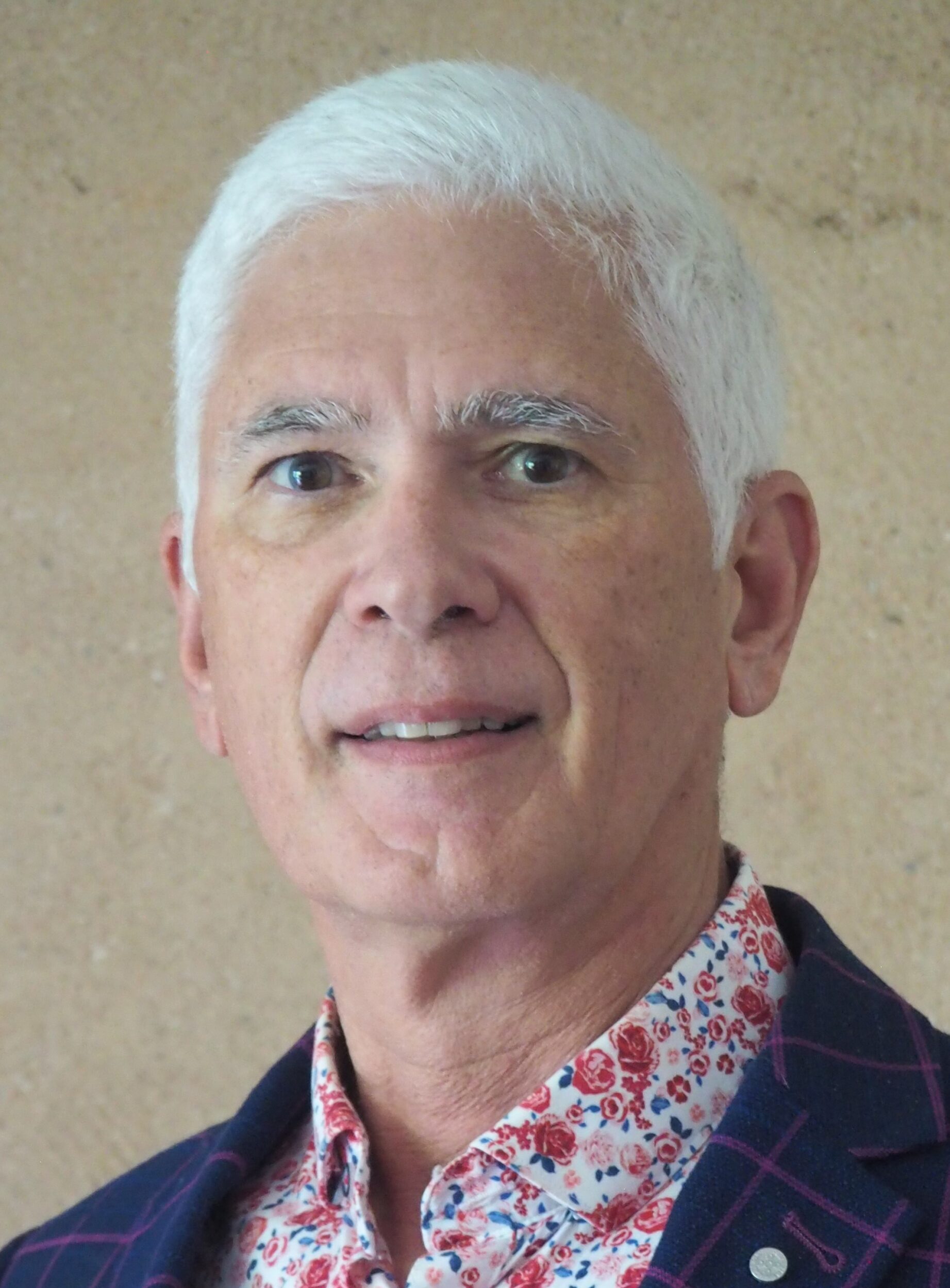
Today’s choices will need refining and changing as growth proceeds. I will approach this challenge with a vision about potential innovation.
As mayor, I will advocate that the Department of Transport and Main Roads is actively engaged with the community in defining and refining its Sunshine Coast public transport strategy. A static strategy is unacceptable.
A public transport strategy for the future must be dynamic and innovative.
Better public transport that continues to attract a very small percentage of patrons does not equate with better public transport.
The priority must be to enhance the attractiveness of public transport to encourage people to choose active transport or public transport before their car.
As mayor, I would urge council to investigate on-demand public transport for low-density areas: for example, in the hinterland and west of the Bruce Highway.
I recognise the transformative power of on-demand and active transport options, such as ridesharing, electric scooters and bike-sharing.
By incorporating these into our urban planning, we aim to reduce congestion, provide convenient last-mile solutions, and encourage eco-friendly modes of transportation.
These options will complement traditional public transit and contribute to a more sustainable and resilient transportation network.
Ashley Robinson: Identifying the source of what is clearly a cultural problem at some level inside the council.
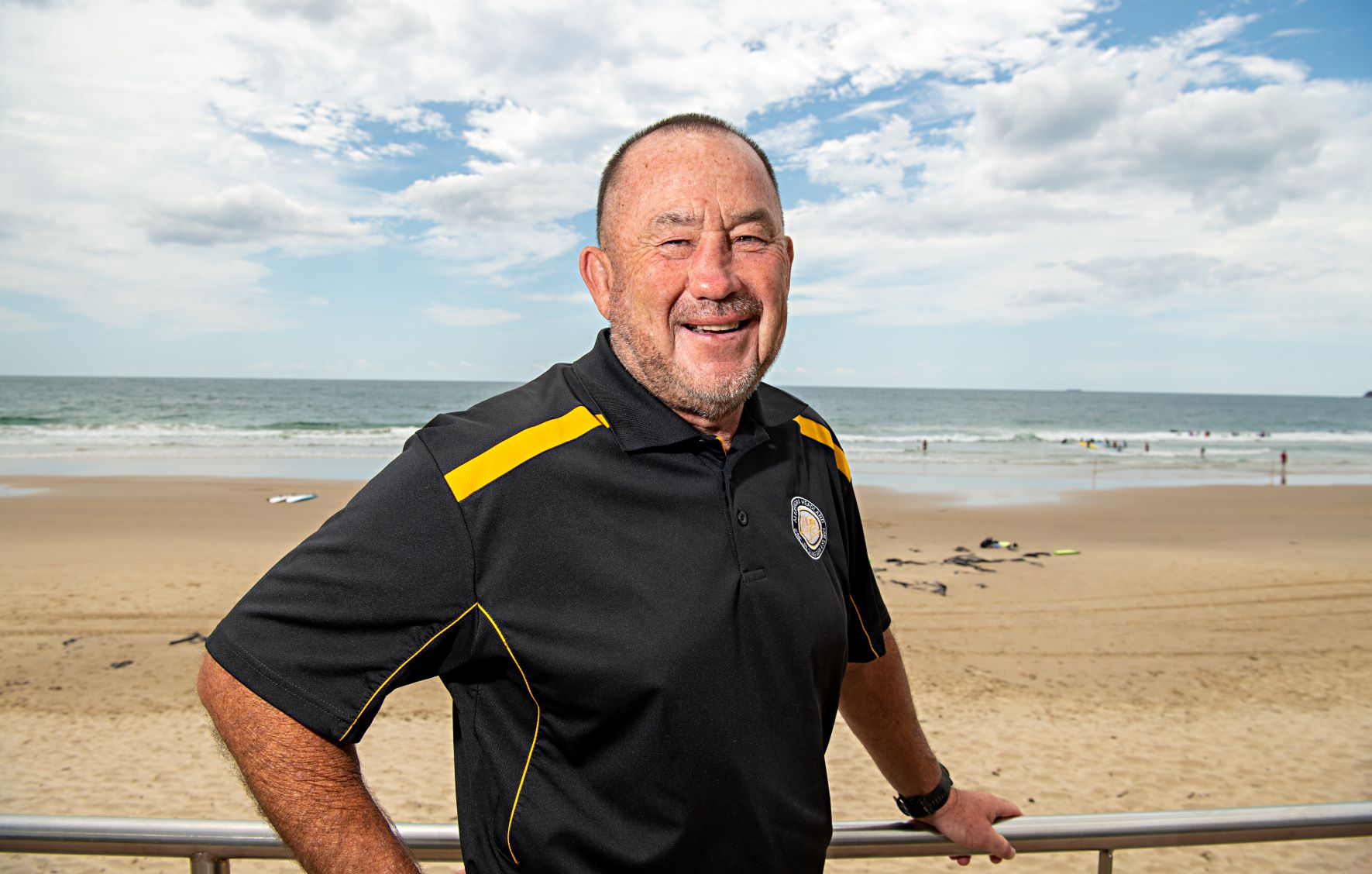
During this campaign, I have been stunned by the number of people across a range of community groups and from diverse backgrounds who feel the organisation just isn’t
listening to the people it is meant to serve.
The council can argue all it likes that it does consult, and I acknowledge there are examples of where it does get it right.
OSCAR, which is the peak group for Sunshine Coast residents, has acknowledged that first-draft consultation on the new planning scheme has been the best it has experienced.
We now need to see where that consultation sits in the document.
However, examples are many of a failure to listen and to work with volunteers and groups
to enable them to do the things they care passionately about and are the fabric that holds their communities together.
I have every confidence born of experience of my capacity to identify and root out the problem.
No organisation I lead has ever or will ever tolerate top-down management that is not there to support volunteers in finding positive solutions and a path forward.
Min Swan: Planning and infrastructure are the key priorities for the next four years.
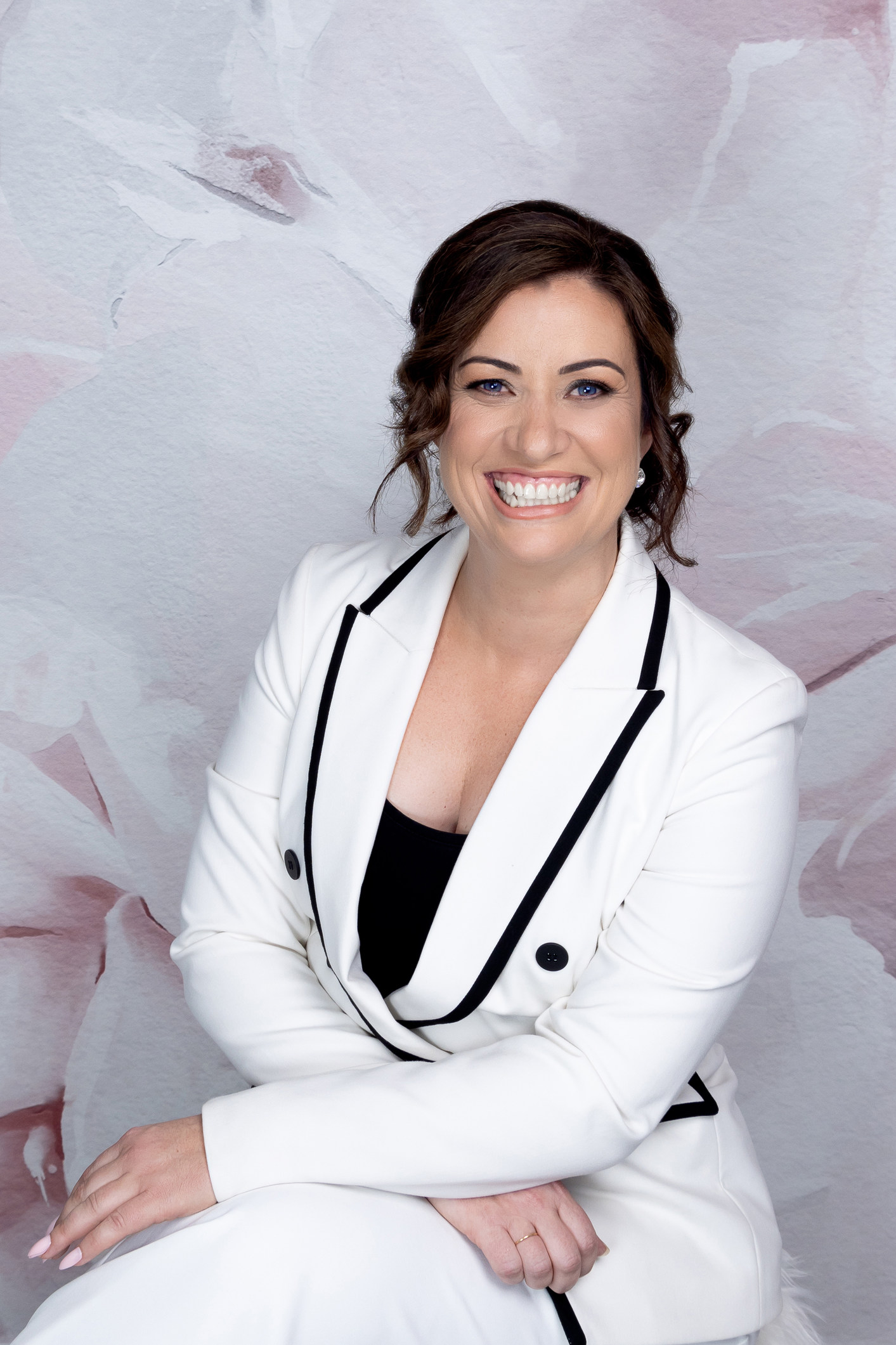
If we are to leverage the 2032 Games motivator, continue to advocate for what we need and deliver a planning scheme review that reflects the community consultation of environmental protection and staying unique to our region, while planning for the additional population, that is going to take a clear vision, strength of leadership and a consultative, collaborative and genuine interest in people.
Building a ‘Team Sunshine Coast’ approach and bringing people on the journey is my mission.
While not an easy task, it is a critical component to providing certainty for our community and a guideline for future development.
The next four years will have profound generational consequences if we do not focus on the elements of sustainability – environmental, social and economic – and create a balanced and planned outcome for blending our environment with our growth needs.
As a highly accessible mayor, I will work closely with the elected divisional councillors on genuinely understanding the needs of each unique region and consult with community associations and chambers of commerce to ensure a finger-on-the-pulse approach is taken to resource allocation.
I have the skills of a corporate executive, the heart of a small business owner and the soul of a long-term community contributor.
Do you have an opinion to share? Submit a Letter to the Editor at Sunshine Coast News via news@sunshinecoastnews.com.au. You must include your name and suburb.





